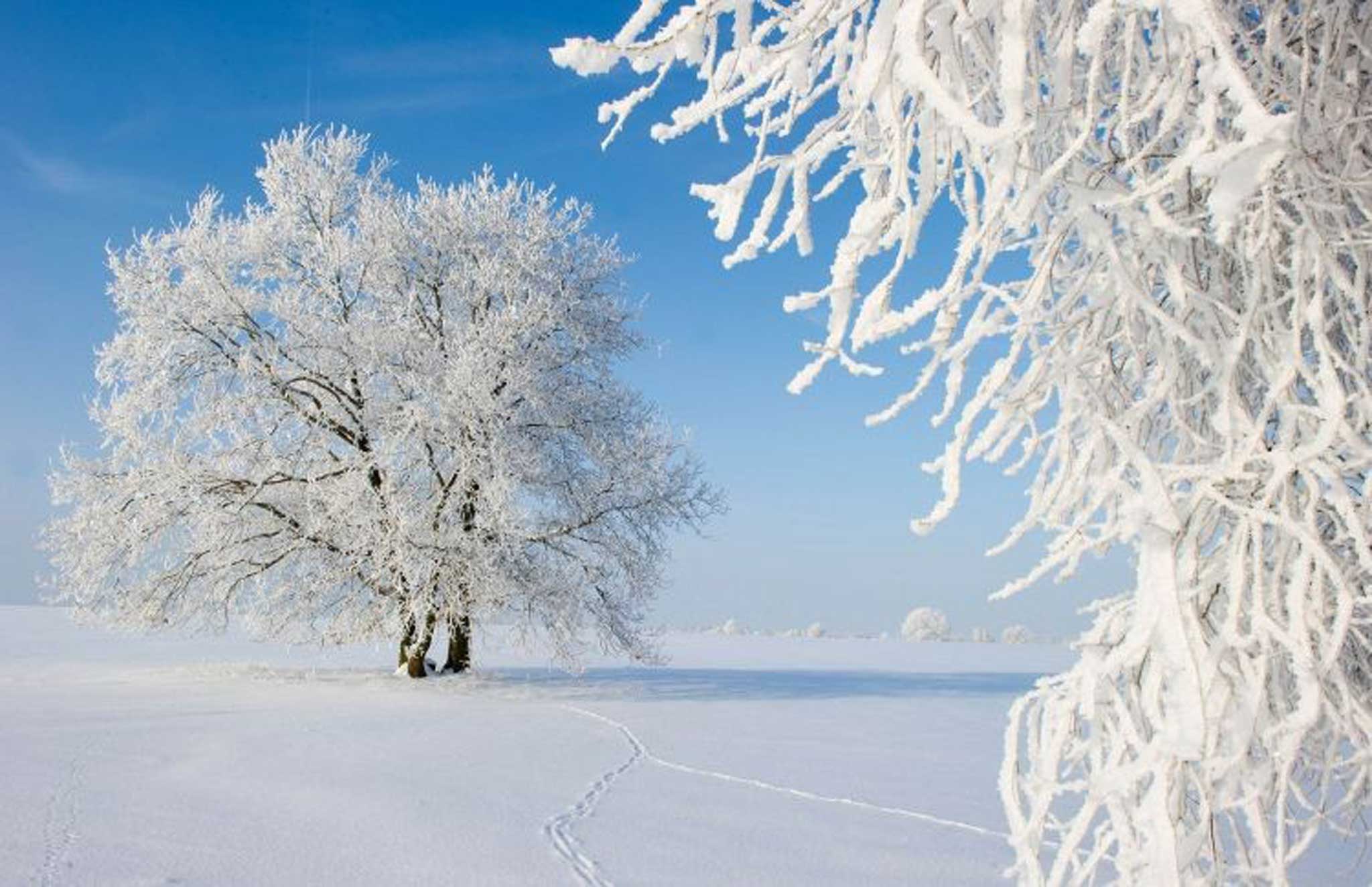Winter: Five Windows on the Season, By Adam Gopnik
A genially erudite writer strides across the snow – but lingers too long by the ice-hockey rink

There is something admirable about a clever, witty and broadly-read essayist like Adam Gopnik's bold attempt to gather disparate strands of art, literature and cultural commentary to make a statement about the human condition.
The New Yorker writer's subject is that season when humans hold in their minds the contradictory notions of a time that is both scary and sweet. He traces the modern concept of winter from the French Enlightenment, where it was "bad" and "dangerous", to its Romantic reinvention as sweet, even seductive. Through examples that stretch from the polar explorers to the meaning of Christmas, ice skating and ice hockey, we see winter as an imaginative place of natural beauty and natural authority.
If nothing else, modern winter is a product of technological advancement. As central heating, durable clothing, better methods of food preservation and electric lights evolved, so did our sentimentality about something that used to signal peril. "Once you were truly warm, winter was, more than ever, for watching." Gopnik illustrates this redrafting of the Northern European imagination with examples from the painter JMW Turner and the art critic John Ruskin, among others, who discovered a new theology in the Alpine beauty of mountains and glaciers.
The polar explorers of the late 19th and early 20th century took this romantic ideal one step further in their search for a place of natural purity. Gopnik skilfully retells these stories in a chapter on "radical winter", where he interrogates our enduring fascination with those stoic but perhaps morally dubious men who ventured out to claim a meaningless geographical entity, often leading whole crews to their deaths. But we remember the likes of Scott, Amundsen and Peary because they were brave in ways that, writes Gopnik, "still overwhelm our imagination".
Although squeezing the polar explorers into this overarching category is something of a fudge, Winter more comfortably deconstructs the bloated buying-fest that is now Christmas. Gopnik coolly unwraps it as a season marked by the tensions of renewal – the symbolic Christ-child, the beginning of another year, the winter solstice all rolled up together – and reversal, where the normal rules of order are not just relaxed but inverted. It was intriguing to learn that Christmas long pre-dates Christianity as a pagan festival, with Santa appearing as an updated version of Saturn, a white-haired fertility god welcomed home once a year to turn the world upside down.
While all this provided insight and entertainment, a whole chapter devoted, rather apologetically, to ice hockey left me yawning by the side of the rink. Neither were Gopnik's arguments wholly consistent, with a tendency to generalise and lump together periods, nations and even geographies to form a wobbly kind of whole. It's the kind of thing that sets a historian's teeth on edge. How exactly should one decipher the meaning of "And once actual sex between unmarried people became socially acceptable, sometime in the 1920s, the energy fell away from ice-skating and the skating rink got moved to the periphery of the park"? Or Gopnik's assertion that in 1871 Christmas became a bank holiday in Britain while, in reality, this didn't include Scotland until 1996?
His modern cycle of an "autumn-to-winter season of festivals" includes Thanksgiving, surely a wholly American tradition. A bit more care in marshalling his evidence would have helped smooth out some apparent anomalies. But if you want a book that will give you enough food for thought to get you through the long nights, you could do worse than mull over the meaning of what lies outside in the dark of a winter's eve.
Join our commenting forum
Join thought-provoking conversations, follow other Independent readers and see their replies
Comments